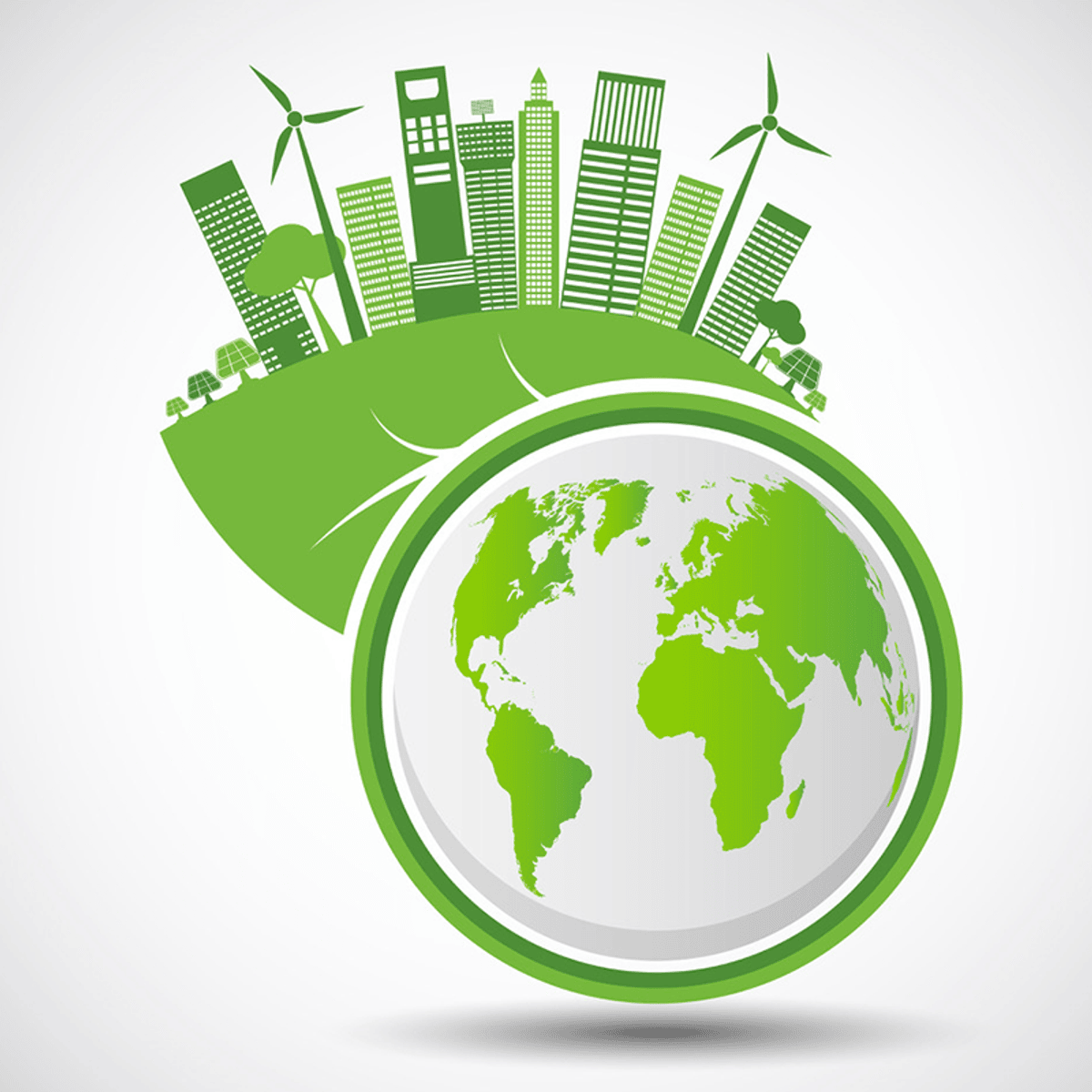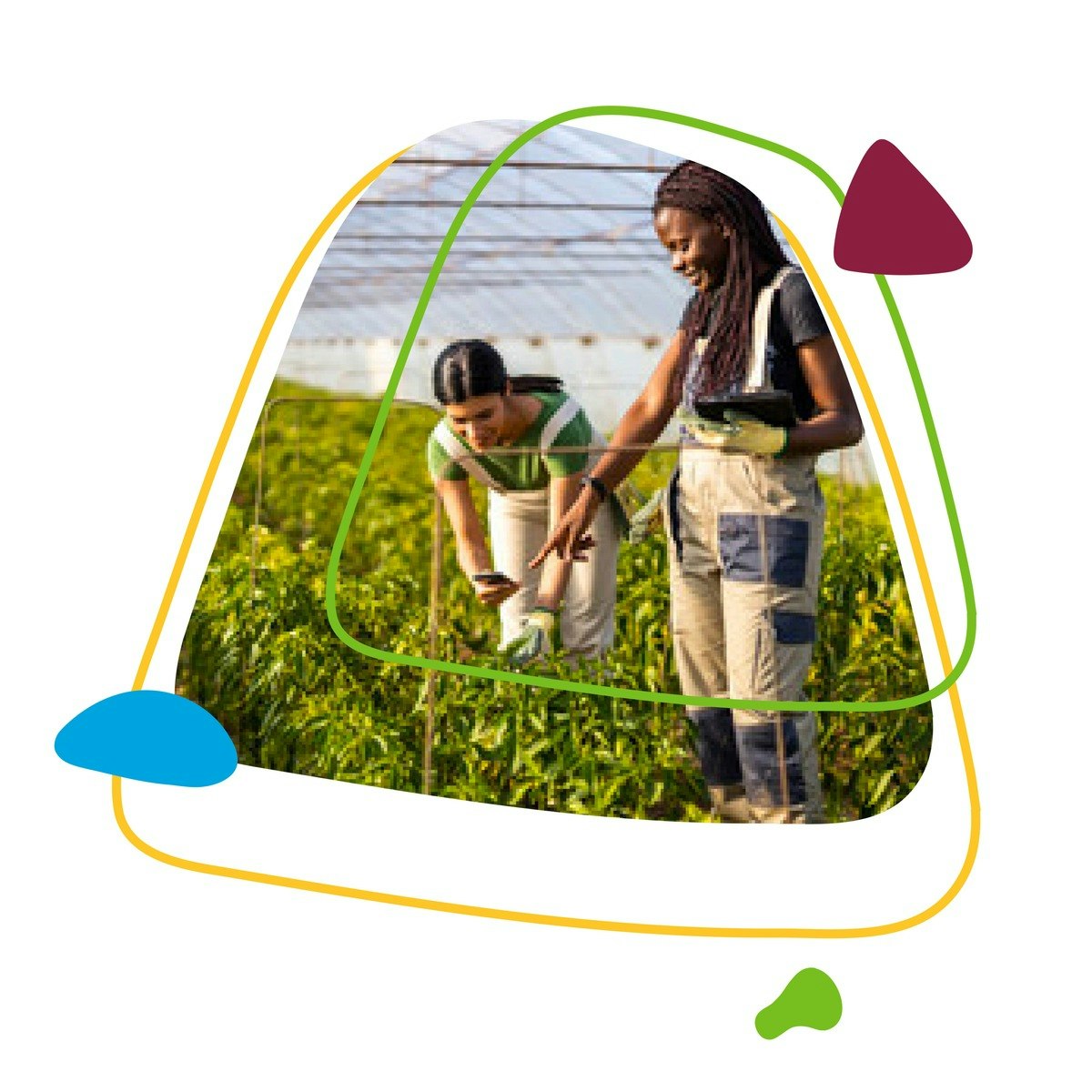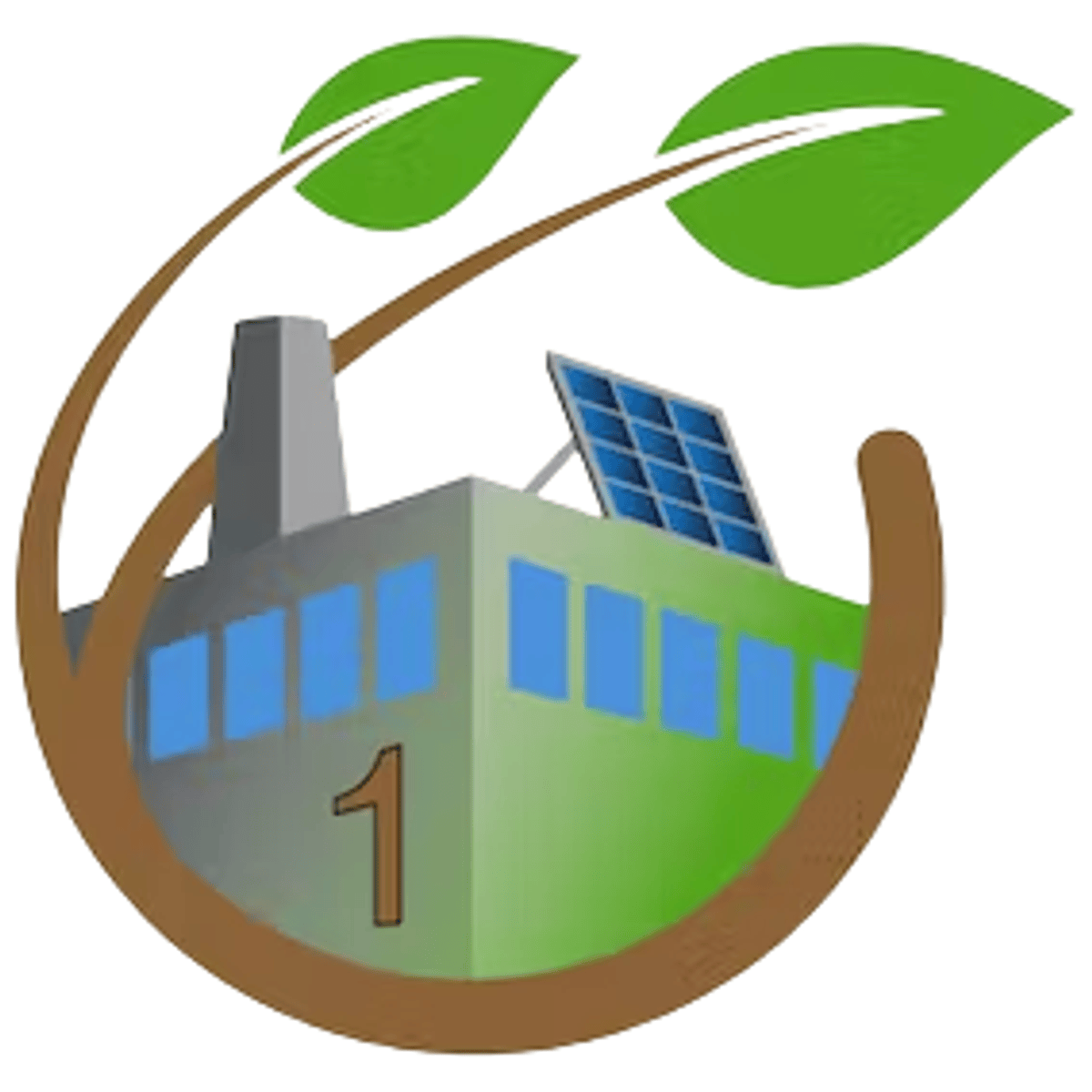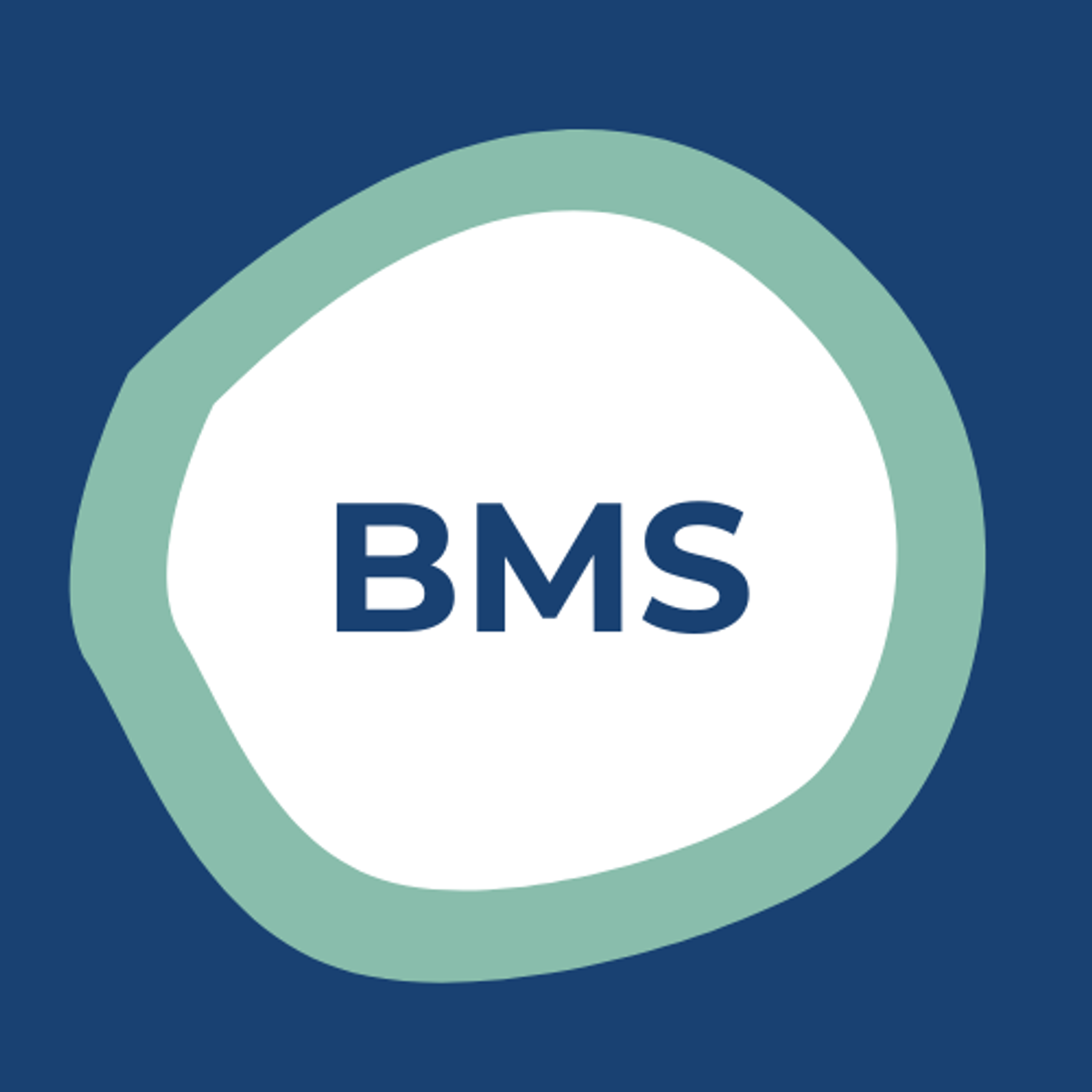Sustainability Researcher
A Career Guide to Becoming a Sustainability Researcher
Sustainability Researchers play a crucial role in understanding and addressing some of the world's most pressing challenges. They investigate the complex interactions between human activities and the environment, seeking solutions that promote long-term ecological balance, economic viability, and social equity. This field involves analyzing environmental impacts, evaluating resource management strategies, and informing policies designed to create a more sustainable future for everyone.
Working as a Sustainability Researcher can be deeply engaging. You might find yourself analyzing data to model climate change impacts, collaborating with communities to develop local conservation plans, or advising businesses on reducing their environmental footprint. The interdisciplinary nature of the work means constantly learning and applying knowledge from fields like environmental science, economics, sociology, and policy analysis to solve real-world problems.
Roles and Responsibilities of a Sustainability Researcher
The daily work of a Sustainability Researcher varies greatly depending on their specific role, sector (academia, government, private sector, non-profit), and area of specialization. However, several core functions define the profession.
Core Research Tasks
A significant portion of a Sustainability Researcher's time involves gathering and analyzing data. This could range from collecting environmental samples in the field to processing large datasets related to energy consumption, greenhouse gas emissions, or biodiversity loss. Researchers use this data to identify trends, model future scenarios, and understand the potential consequences of different actions or policies.
Evaluating the effectiveness of existing sustainability policies and initiatives is another key task. This involves assessing whether programs are achieving their intended goals, identifying unintended consequences, and recommending improvements. Techniques like life-cycle assessments (LCAs) are often employed to understand the full environmental impact of a product, process, or service from creation to disposal.
Communicating research findings is vital. Researchers write reports, academic papers, policy briefs, and presentations to share their insights with diverse audiences, including policymakers, business leaders, fellow scientists, and the general public. Clear communication ensures that research informs decision-making effectively.
These foundational books offer insights into the broad scope and urgency of sustainability issues.
Understanding the economic dimensions is also crucial for many researchers.
Engaging with Stakeholders
Sustainability challenges rarely have purely technical solutions; they require collaboration and buy-in from various groups. Researchers often engage with stakeholders, including government agencies, non-governmental organizations (NGOs), community groups, and private companies. This engagement can involve presenting research findings, participating in workshops, or collaborating on project design and implementation.
Working with policymakers might involve providing evidence to support the development of new environmental regulations or climate policies. Collaboration with businesses could focus on developing sustainable practices, improving resource efficiency, or implementing circular economy principles within their operations.
Engaging with NGOs and community groups often involves understanding local perspectives, incorporating traditional ecological knowledge, and ensuring that sustainability initiatives are equitable and benefit the communities they affect. Strong communication and interpersonal skills are essential for building trust and facilitating productive dialogue among diverse stakeholders.
Fieldwork versus Desk Research
The balance between fieldwork and desk-based research depends heavily on the specific area of focus. Researchers studying biodiversity, ecosystem health, or specific environmental impacts (like water quality or deforestation) may spend considerable time conducting fieldwork, collecting samples, making observations, and installing monitoring equipment.
Fieldwork can be physically demanding and may require travel to remote locations. It provides invaluable direct data and context-specific understanding that cannot be obtained solely through remote analysis. However, it often needs to be supplemented with laboratory analysis and data interpretation back in an office or lab setting.
Conversely, researchers focused on policy analysis, economic modeling, corporate sustainability reporting, or large-scale climate modeling may spend most of their time on desk research. This involves working with existing datasets, reviewing literature, developing models using specialized software, and writing reports. While less physically demanding, it requires strong analytical and computational skills.
Many roles involve a mix of both fieldwork and desk research, offering variety in the day-to-day work environment.
Key Skills and Competencies
Success as a Sustainability Researcher requires a blend of technical expertise, analytical abilities, and strong interpersonal skills. The interdisciplinary nature of the field demands adaptability and a continuous commitment to learning.
Technical and Analytical Skills
Strong quantitative and analytical skills are fundamental. Researchers must be adept at collecting, cleaning, analyzing, and interpreting data from various sources. Familiarity with statistical software (like R or Python) and data visualization tools is increasingly important for making sense of complex information and communicating findings effectively.
Depending on the specialization, specific technical skills may be required. For example, researchers working on land use or conservation might need expertise in Geographic Information Systems (GIS software). Those focused on climate change or corporate emissions may need skills in carbon accounting methodologies and tools. Engineering-focused researchers will need knowledge relevant to sustainable design and processes.
A solid understanding of core scientific principles in environmental science, ecology, chemistry, or physics provides the foundation for much of the research. Economic literacy is also valuable for understanding market-based solutions and policy impacts.
These courses can help build core analytical and engineering skills relevant to sustainability.
Communication and Soft Skills
Technical skills alone are insufficient. Researchers must be able to communicate complex ideas clearly and concisely to diverse audiences, both verbally and in writing. This includes writing research papers, reports, grant proposals, and presenting findings at conferences or stakeholder meetings.
Collaboration is key in this interdisciplinary field. Researchers often work in teams with experts from different backgrounds and engage with various external stakeholders. Strong interpersonal skills, cultural sensitivity (especially in international contexts), and the ability to build consensus are crucial.
Systems thinking – the ability to understand how different parts of a complex system interact and influence each other – is vital for tackling sustainability challenges. Researchers need to see the bigger picture and anticipate potential feedback loops or unintended consequences of interventions.
Problem-solving skills and creativity are also essential for developing innovative solutions to complex environmental and social problems.
Emerging Competencies
The field of sustainability research is constantly evolving, demanding new skills. The increasing availability of large datasets ("big data") requires skills in data science and machine learning for analysis and modeling. Expertise in AI for sustainability modeling is becoming a valuable asset for predicting environmental changes or optimizing resource use.
Understanding financial markets and Environmental, Social, and Governance (ESG) reporting frameworks is becoming more important as businesses integrate sustainability into their core strategies. Knowledge of specific software platforms used for sustainability management and reporting can also be advantageous.
As the field matures, skills in project management, stakeholder facilitation, and translating research into actionable policy or business recommendations are increasingly sought after.
This course introduces how cloud technology can support sustainability transformations.
Formal Education Pathways
While diverse paths can lead to a career in sustainability research, formal education typically provides the necessary foundational knowledge and analytical skills. The specific degree requirements often depend on the desired role and sector.
Undergraduate Foundations
A bachelor's degree is generally the minimum requirement for entry-level positions. Relevant undergraduate majors include Environmental Science, Environmental Studies, Ecology, Biology, Chemistry, Geology, Engineering (especially Environmental, Chemical, or Civil), Economics, Geography, or Public Policy.
Regardless of the specific major, coursework emphasizing quantitative skills (statistics, calculus), research methods, scientific principles, and strong writing abilities is highly beneficial. Internships or research experiences during undergraduate studies can provide valuable practical skills and networking opportunities.
Choosing a major that aligns with your interests within the broad field of sustainability is wise. For instance, if you're passionate about renewable energy technologies, an engineering background might be ideal. If policy solutions intrigue you, economics or public policy could be a better fit.
Explore relevant fields easily on OpenCourser.
Graduate Specializations
For many research-focused roles, particularly in academia, government agencies, or specialized consultancies, a graduate degree (Master's or PhD) is often required or strongly preferred. Graduate programs allow for deeper specialization within the vast field of sustainability.
Master's degrees can provide advanced training in areas like Sustainable Development, Environmental Management, Climate Science and Policy, Conservation Biology, Sustainable Energy, Urban Planning, or Corporate Sustainability. These programs often blend advanced coursework with research projects or professional internships, preparing graduates for more specialized roles.
Consider programs focusing on emerging areas like the circular economy, which aims to minimize waste and maximize resource use, or specific policy areas like climate adaptation or sustainable finance.
This course delves into the principles of the circular economy.
The Role of a PhD
A Doctor of Philosophy (PhD) is typically necessary for careers in academic research and teaching at the university level, as well as for leading independent research projects in government labs or some think tanks and high-level consultancies. Pursuing a PhD involves several years of intensive, original research culminating in a doctoral dissertation.
A PhD program develops deep expertise in a specific subfield and hones advanced research, analytical, and critical thinking skills. It signifies the ability to design, execute, and communicate independent, high-level research.
Deciding whether to pursue a PhD is a significant commitment. It's best suited for individuals passionate about pushing the boundaries of knowledge in a specific area and aiming for roles where independent research leadership is paramount. For many applied or management-focused roles in industry or government, a Master's degree combined with relevant experience is often sufficient.
Online and Independent Learning Strategies
Formal degrees are a common route, but online learning and independent study offer valuable pathways for building knowledge and skills, especially for career changers or those seeking to supplement traditional education. OpenCourser provides tools to easily browse through thousands of courses, save options, compare syllabi, and find the right fit.
Building Foundational Knowledge Online
Numerous online courses, often available through platforms hosting university-level content (MOOCs), cover foundational topics in environmental science, ecology, climate change, economics, and policy. These can be excellent resources for gaining a broad understanding of sustainability concepts without enrolling in a full degree program.
Look for courses offered by reputable universities or institutions that provide comprehensive introductions to key areas. Open-access resources, such as reports from organizations like the Intergovernmental Panel on Climate Change (IPCC) or publications from research institutions, can also deepen understanding.
Focus on building a solid grasp of the core principles and terminology used in the field. This foundational knowledge is essential before diving into more specialized topics or technical skills.
These courses provide introductions suitable for building foundational knowledge.
Certifications versus Skill-Based Learning
Online platforms offer various certifications in sustainability-related fields. While a certificate can demonstrate commitment and acquired knowledge in a specific area (e.g., ESG analysis, LEED building standards, GRI reporting), its value in the job market can vary. Employers often prioritize demonstrable skills and experience over certificates alone.
Focus your online learning on acquiring practical, transferable skills. Courses that involve hands-on data analysis, using specific software (like GIS or modeling tools), or developing case studies can be more impactful than purely theoretical ones. Look for courses with projects that allow you to apply what you've learned.
Ultimately, the best approach often combines targeted skill-building through online courses with efforts to gain practical experience, even if through volunteer work or personal projects initially. Use online learning to fill specific knowledge or skill gaps identified through researching job requirements.
This course focuses on developing sustainable business models.
Creating Portfolio Projects
For those learning independently or transitioning careers, demonstrating practical skills can be challenging without formal work experience. Creating a portfolio of personal projects is an excellent way to showcase your abilities to potential employers.
Identify a local sustainability issue that interests you. Could you analyze publicly available data on local air or water quality? Could you research and propose a small-scale recycling or composting initiative for your community? Could you develop a mock life-cycle assessment for a common product?
Document your process, methodology, analysis, and findings clearly. Even small-scale projects can demonstrate initiative, analytical skills, and a passion for sustainability. Use online course projects as starting points and consider expanding on them or applying the learned techniques to new datasets or problems.
Sharing your projects online (e.g., through a personal blog, GitHub for code/analysis, or LinkedIn) can increase visibility and serve as tangible evidence of your capabilities during job applications or interviews.
Career Progression for Sustainability Researchers
A career in sustainability research offers various pathways for growth and development. Progression often involves gaining deeper expertise, taking on more responsibility, and potentially moving into leadership or specialized advisory roles.
Entry Points and Early Career
Common entry-level roles include Research Assistant, Junior Analyst, Project Coordinator, or Field Technician. These positions typically involve supporting senior researchers by collecting data, performing literature reviews, conducting basic analysis, and assisting with report writing or project logistics.
In consulting firms, entry-level positions might focus on data gathering for ESG reports or supporting specific components of larger sustainability strategy projects. Non-profits may offer roles focused on program support, community outreach, or research assistance for advocacy campaigns.
Early career stages are crucial for building foundational technical skills, understanding research methodologies, gaining exposure to different facets of sustainability, and establishing a professional network. Seeking mentorship from experienced researchers can be invaluable during this phase.
Mid-Career Transitions and Specialization
With several years of experience, researchers often specialize in a particular area, such as renewable energy policy, water resource management, sustainable agriculture, climate adaptation, biodiversity conservation, or corporate sustainability strategy. This specialization allows for the development of deep expertise.
Mid-career professionals may progress to roles like Senior Researcher, Project Manager, Policy Advisor, or Sustainability Consultant. These positions often involve leading research projects, managing teams, developing strategic recommendations, and engaging more directly with high-level stakeholders.
Alternatively, some researchers move into management roles, overseeing research programs, departments, or sustainability initiatives within an organization. This requires developing leadership, budgeting, and strategic planning skills alongside research expertise.
Alternative Trajectories and Leadership
Experienced sustainability researchers have diverse options beyond traditional research or management tracks. Some leverage their expertise to become entrepreneurs, founding start-ups focused on sustainability technology, consulting services, or innovative products.
Others move into high-level advisory roles within government agencies, international organizations (like the UN or World Bank), or influential think tanks, shaping national or global sustainability policies and agendas. Some transition into academia, focusing on teaching and leading university research programs after completing a PhD.
Leadership roles in the corporate sector, such as Chief Sustainability Officer (CSO), involve integrating sustainability across all aspects of a company's operations and strategy. These senior positions require a blend of technical knowledge, business acumen, and strategic leadership capabilities.
Industry Applications and Sectors
Sustainability research is not confined to academia; its principles and findings are applied across numerous industries and sectors, driving innovation and addressing environmental and social challenges.
Energy Sector Transformation
The energy sector is a major focus for sustainability research due to its significant environmental impact, particularly concerning climate change. Researchers work on developing and assessing renewable energy technologies (solar, wind, geothermal), improving energy efficiency in buildings and industry, designing smarter grids, and exploring carbon capture and storage solutions.
Policy researchers analyze the effectiveness of carbon pricing mechanisms, renewable energy subsidies, and regulations aimed at phasing out fossil fuels. Economic modeling helps understand the costs and benefits of transitioning to a low-carbon energy system. Research informs investment decisions and guides the path towards decarbonization.
Sustainable Urban Environments
With a growing global urban population, creating sustainable cities is critical. Researchers in this area focus on sustainable transportation systems (public transit, cycling infrastructure, electric vehicles), green building design and materials, efficient waste management and recycling systems (circular economy principles), urban green spaces, and sustainable water management.
Urban planners and researchers use tools like GIS to analyze spatial patterns and model the environmental impacts of different development scenarios. Social scientists study how urban design affects equity, health, and community well-being. Research informs municipal policies and planning decisions aimed at creating resilient, livable, and environmentally sound cities.
Find courses related to city development in the Urban Planning category.
Corporate Sustainability and ESG
Businesses increasingly recognize the importance of sustainability for risk management, reputation, and long-term value creation. Researchers support companies in developing and implementing Environmental, Social, and Governance (ESG) strategies. This involves measuring and reporting environmental impacts (carbon footprint, water use, waste generation), improving supply chain sustainability, and designing sustainable products.
Research helps companies understand stakeholder expectations, navigate evolving regulations (like mandatory climate disclosures), and identify opportunities for innovation in sustainable business models. Life-cycle assessments help quantify the environmental footprint of products, while research into circular economy models guides efforts to reduce waste and create closed-loop systems.
The integration of sustainability is becoming mainstream business practice, driving demand for research and expertise. The United Nations Sustainable Development Goals (SDGs) provide a common framework for many corporate initiatives.
These courses explore the intersection of business and sustainability.
This book explores alternative economic models focused on sustainability.
Challenges in Sustainability Research
While rewarding, a career in sustainability research comes with unique challenges. Understanding these hurdles can help set realistic expectations for those entering the field.
Data Limitations and Complexity
Effective sustainability research relies on accurate and comprehensive data, which can often be difficult to obtain. Data gaps are particularly common in developing economies or for complex, interconnected systems like global supply chains or ecosystem interactions. Researchers must often find creative ways to work with incomplete information or invest significant effort in primary data collection.
The systems being studied (climate, ecosystems, social-economic interactions) are inherently complex, dynamic, and involve significant uncertainty. Modeling these systems accurately is challenging, and predictions often come with wide margins of error, making it difficult to provide definitive answers to policymakers or businesses seeking certainty.
Communicating this complexity and uncertainty effectively to non-expert audiences without undermining the credibility of the research is an ongoing challenge.
Bridging Research, Policy, and Practice
There can be a significant gap between conducting rigorous research and seeing it translate into tangible action. Academic research cycles often operate on longer timescales than political or business decision-making cycles. Researchers may struggle to make their findings relevant and accessible to policymakers who need timely, actionable information.
Political considerations, economic constraints, and societal resistance to change can impede the implementation of research-based recommendations, even when the scientific evidence is strong. Researchers must often navigate complex political landscapes and develop strong communication and advocacy skills to influence change.
Balancing the need for academic rigor and thoroughness with the urgency of addressing pressing environmental problems requires careful judgment. There is often pressure to provide quick answers, which may conflict with the time needed for robust scientific investigation.
Funding and Research Priorities
Much sustainability research, particularly in academia and non-profits, relies on securing grants from government agencies, foundations, or other funding bodies. Competition for funding can be intense, and researchers spend significant time writing grant proposals.
Funding cycles can be short-term, making it difficult to conduct the long-term monitoring and research often needed to understand complex environmental trends or the impacts of interventions fully. Research priorities can also shift based on political agendas or emerging crises, potentially disrupting ongoing projects.
In the private sector, research may be directed towards projects with clear commercial benefits, potentially limiting investigation into broader systemic issues or solutions that don't align with immediate business interests. Navigating these funding landscapes requires persistence, adaptability, and strategic planning.
Future Outlook and Emerging Trends
The field of sustainability research is dynamic, continually shaped by technological advancements, evolving regulations, and changing societal priorities. Understanding future trends is key for career longevity and impact.
Impact of Technology and Data Science
Advances in technology are transforming sustainability research. Remote sensing satellites provide vast amounts of data on land use change, deforestation, and ice melt. Sensor networks enable real-time monitoring of air and water quality. Big data analytics and artificial intelligence (AI) allow researchers to process this information, identify patterns, and build more sophisticated predictive models for climate change, resource management, and ecosystem dynamics.
AI is being used to optimize energy grids, design more sustainable materials, predict crop yields under changing climate conditions, and enhance biodiversity monitoring. Researchers with skills in data science, machine learning, and computational modeling will be increasingly in demand.
However, technology also presents challenges, such as ensuring equitable access to data and tools, managing the energy consumption of large data centers, and addressing ethical considerations related to AI applications.
Regulatory Shifts and Market Demands
Governments worldwide are implementing new regulations related to climate change, environmental protection, and corporate sustainability reporting. Examples include carbon pricing schemes, mandates for renewable energy adoption, stricter emissions standards, and requirements for ESG disclosure by companies. These regulatory shifts create a strong demand for research to inform policy design, monitor compliance, and assess impacts.
Simultaneously, market forces are driving change. Investors are increasingly considering ESG factors, consumers are demanding more sustainable products, and businesses recognize the risks and opportunities associated with sustainability. According to the World Economic Forum's Global Risks Report 2024, environmental risks dominate the long-term concerns of global experts. This growing market awareness fuels demand for research on sustainable business practices, green finance, and circular economy models.
Researchers need to stay abreast of these evolving regulatory and market landscapes to ensure their work remains relevant and impactful.
Evolving Frameworks and Perspectives
The understanding of sustainability itself is evolving. There is a growing emphasis on environmental justice, recognizing that the impacts of environmental degradation and climate change disproportionately affect marginalized communities. Research is increasingly incorporating equity considerations and seeking solutions that are socially just as well as environmentally sound.
Concepts like the "decolonization" of sustainability challenge traditional Western-centric approaches, emphasizing the importance of indigenous knowledge, local perspectives, and community-led solutions, particularly in the Global South. This requires researchers to adopt more participatory and culturally sensitive methods.
The focus is also shifting from merely minimizing harm ("doing less bad") towards regenerative approaches that aim to restore ecosystems and enhance social well-being. These evolving frameworks require researchers to broaden their perspectives and adopt more holistic and inclusive approaches.
Ethical Considerations in Sustainability Research
Sustainability researchers often grapple with complex ethical questions inherent in their work. Navigating these issues responsibly is crucial for maintaining scientific integrity and public trust.
Conflicts of Interest and Influence
Funding sources can create potential conflicts of interest. Research funded by industries with significant environmental impacts may face scrutiny regarding objectivity. Researchers must be transparent about funding sources and vigilant in ensuring that financial ties do not unduly influence research design, interpretation, or reporting.
Similarly, researchers advising governments or corporations must maintain independence and ensure their recommendations are based on sound evidence, even if they conflict with the short-term interests of their funders or clients. Balancing the role of objective expert with that of an advocate for specific solutions requires careful ethical judgment.
Maintaining scientific integrity means reporting findings honestly, including limitations and uncertainties, regardless of whether they support a particular agenda or desired outcome.
Cultural Sensitivity and Global Equity
Much sustainability research involves working across cultures or addressing global issues with local impacts. Researchers must be sensitive to different cultural values, practices, and knowledge systems, particularly when working with indigenous or local communities.
Ensuring that research projects are conducted equitably, with meaningful participation from affected communities, and that benefits are shared fairly is an ethical imperative. Researchers must avoid extractive practices where data or knowledge is taken from communities without appropriate collaboration, consent, or reciprocation.
Addressing global inequalities is central to sustainability. Ethical research considers how solutions might impact different populations and strives to avoid reinforcing existing power imbalances or creating new forms of injustice.
Preventing 'Greenwashing'
Greenwashing refers to the practice of misrepresenting environmental or sustainability performance to create a deceptively positive public image. Sustainability researchers have an ethical responsibility to ensure their findings are not misused for greenwashing purposes by corporations or other organizations.
This involves communicating research results clearly and accurately, including context, limitations, and potential trade-offs. It means being cautious about how findings might be selectively used or simplified in marketing or public relations materials.
Researchers may face pressure to frame findings in a particular light. Upholding ethical standards requires resisting such pressure and ensuring that communications about sustainability performance are transparent, evidence-based, and avoid misleading claims.
Frequently Asked Questions (Career Focus)
Here are answers to some common questions about pursuing a career as a Sustainability Researcher.
How can I gain experience without formal credentials?
Gaining relevant experience can seem challenging, especially when starting out or changing careers. Volunteering with environmental non-profits or community groups focused on sustainability issues is a great way to get involved, learn practical skills, and build your network. Look for opportunities to assist with data collection, outreach, or project support.
Develop personal projects, as discussed earlier. Analyze local environmental data, research a specific sustainability topic deeply, or propose a solution to a local problem. Documenting these projects in a portfolio demonstrates initiative and practical skills. Contributing to open-source sustainability projects or citizen science initiatives can also provide valuable experience.
Leverage online courses not just for knowledge but for project-based learning. Many courses include assignments that can form the basis of portfolio pieces. Networking actively, attending webinars or local events, and conducting informational interviews with professionals in the field can also uncover opportunities and provide insights.
Is a PhD necessary for industry roles?
While a PhD is typically required for academic research and some high-level R&D roles, it is often not necessary for many sustainability positions in industry, government, or non-profits. A Master's degree specializing in a relevant field (e.g., Environmental Management, Sustainability Science, Policy) combined with practical experience is frequently sufficient for roles like Sustainability Manager, Analyst, or Consultant.
Many industry roles emphasize practical application, project management, communication, and business acumen alongside technical knowledge. Relevant work experience, internships, and demonstrable skills gained through projects or certifications can be as valuable, or sometimes more valuable, than a PhD for these positions.
Consider the specific career path you envision. If your goal is to lead independent, cutting-edge research, a PhD is likely beneficial. If you aim for roles focused on implementation, strategy, management, or consulting within organizations, a Master's degree and practical experience may be a more direct route.
What are the top industries hiring Sustainability Researchers?
Demand for sustainability expertise is growing across various sectors. Key industries include:
Consulting: Environmental and management consulting firms hire researchers to advise clients on sustainability strategy, ESG reporting, regulatory compliance, and environmental impact assessments.
Energy: Both traditional energy companies transitioning towards sustainability and renewable energy firms require researchers for technology development, efficiency improvements, policy analysis, and environmental assessment.
Government: Federal, state, and local government agencies employ researchers in environmental protection, resource management, climate policy, and urban planning departments.
Non-profits and NGOs: Environmental advocacy groups, conservation organizations, and international development organizations rely on researchers for policy analysis, program evaluation, and scientific expertise.
Manufacturing and Consumer Goods: Companies are hiring sustainability professionals to manage supply chains, design sustainable products, reduce waste, and report on environmental performance.
Technology: Tech companies hire researchers to improve the energy efficiency of data centers, develop sustainable hardware, and apply AI/data science to environmental problems.
Academia: Universities and research institutions remain significant employers for those pursuing academic research careers.
What are the salary expectations?
Salary levels for Sustainability Researchers vary significantly based on factors like education level (Bachelor's, Master's, PhD), years of experience, specific role, sector (academia, government, private, non-profit), industry, and geographic location. Non-profit and academic positions generally offer lower salaries than private sector roles, particularly in consulting or corporate sustainability.
As a general reference point, the U.S. Bureau of Labor Statistics (BLS) reported that the median annual wage for Environmental Scientists and Specialists (a related category) was $76,480 in May 2022. Entry-level positions will typically start lower, while senior researchers, managers, or highly specialized consultants in the private sector can earn significantly more.
It's advisable to research salary benchmarks specific to the roles, industries, and locations you are interested in using resources like BLS, salary comparison websites, and industry reports. Remember that compensation often includes benefits beyond base salary.
For detailed occupational information, consult resources like the BLS Occupational Outlook Handbook for Environmental Scientists and Specialists.
Are there remote work opportunities?
Yes, remote work opportunities for Sustainability Researchers exist and have become more common, particularly for roles centered on desk research, data analysis, modeling, policy analysis, and report writing. Many consulting firms, tech companies, and even some government and non-profit organizations offer remote or hybrid work arrangements.
However, roles involving significant fieldwork, laboratory work, direct community engagement, or hands-on management of facilities will naturally require more on-site presence. The availability of remote work depends heavily on the specific responsibilities of the position and the policies of the employing organization.
When searching for jobs, look for remote position listings or inquire about flexible work policies during the application process. Strong self-discipline, communication skills, and proficiency with collaboration technologies are essential for success in remote research roles.
How competitive are academic positions?
Academic positions in sustainability research (e.g., professorships, postdoctoral fellowships) are generally highly competitive. The number of PhD graduates often exceeds the number of available tenure-track faculty positions at universities and research institutions.
Securing an academic position typically requires a strong PhD, a promising publication record in peer-reviewed journals, conference presentations, demonstrated potential for securing research funding (grants), and often, postdoctoral research experience. Networking and building relationships within the academic community are also important.
While challenging, academic careers offer the opportunity to pursue independent research, mentor students, and contribute deeply to a specific field of knowledge. Competition varies by subfield and institution prestige.
Embarking on a career as a Sustainability Researcher is a commitment to tackling complex global challenges through rigorous inquiry and analysis. It offers the profound reward of contributing to a more sustainable and equitable future. While the path requires dedication, strong analytical skills, and continuous learning, the growing importance of sustainability across all sectors creates diverse and impactful opportunities. Explore the resources on OpenCourser and consult the Learner's Guide to help map your educational journey towards this vital field.









